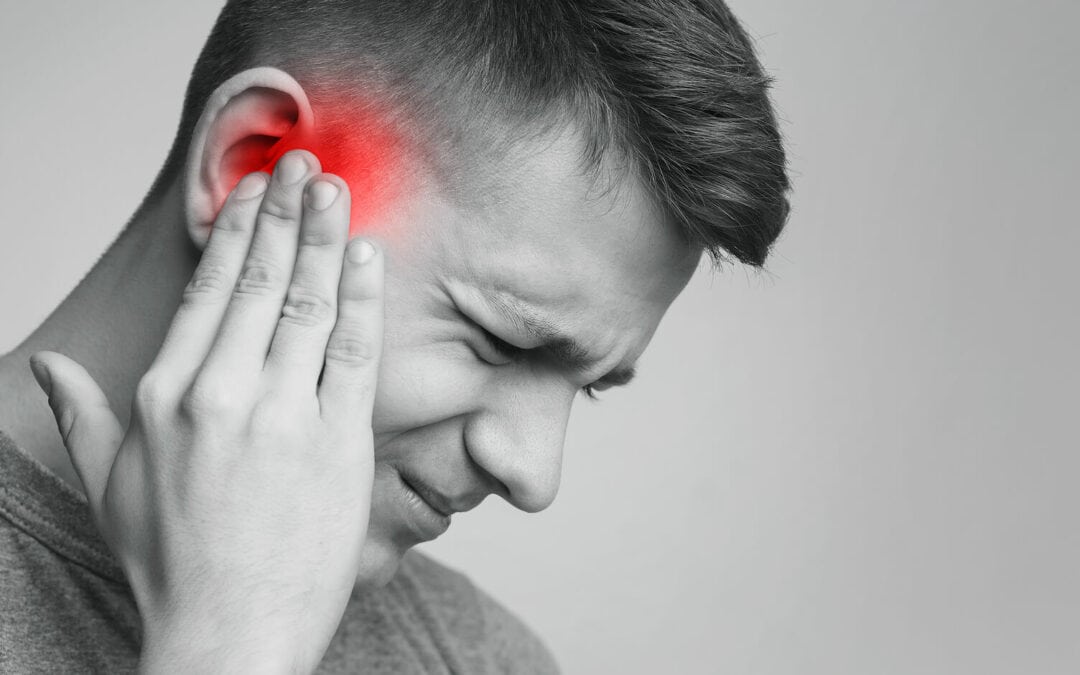There are some trends that can seem intriguing but may do more harm than good. One such trend is ear candling, a practice that claims to clean ears and improve overall well-being. Despite its popularity in some circles, ear candling is widely regarded by medical professionals as ineffective and potentially dangerous! Let’s take a closer look at what ear candling is, why it’s not a good idea, and what safer alternatives you can consider for ear health.
The Basics of Ear Candling
Ear candling, also known as ear coning or thermal-auricular therapy, is a procedure where a hollow candle made of fabric soaked in beeswax or paraffin is placed in the ear canal and lit at the opposite end. Proponents of ear candling claim that it can:
- Remove earwax and toxins
- Improve hearing
- Treat ear infections
- Relieve sinus congestion
- Enhance overall well-being
However, the science behind these claims is dubious at best, and there is little to no scientific evidence supporting the effectiveness of ear candling!
Why Ear Candling Is a Bad Idea
The primary claim of ear candling is that it can remove earwax and toxins from the ear canal. However, multiple studies have shown that ear candling does not effectively remove earwax or any other substances from the ear. In fact, it can push earwax deeper into the ear canal, potentially leading to impaction and more significant issues.
Ear candling also poses several safety risks. The open flame near the ear can cause burns, skin and hair damage, and even set hair on fire. There have been reports of burns, punctured eardrums, ear canal obstruction, infections, and other injuries resulting from ear candling. The procedure may also cause dizziness and vertigo.
Finally, the idea that ear candling can remove toxins from the body is not supported by scientific evidence. The residue found in the candle after a session is typically from the candle itself, not earwax or toxins from the ear.
Not a Substitute for Medical Treatment
Ear candling should never be used as a substitute for medical treatment. If you have an ear infection, hearing loss, or other ear-related issues, it’s essential to consult a medical professional for proper diagnosis and treatment. Relying on ear candling for earwax removal or other ear issues can increase your risk of developing potentially serious conditions, leading to complications.
Safe Alternatives for Ear Health
If you’re concerned about earwax or ear health, there are safer and more effective alternatives to ear candling:
- Ear Drops: Over-the-counter ear drops designed to soften and remove earwax can be effective for mild cases of earwax buildup. Consult a healthcare professional for guidance on their use.
- Irrigation: Ear irrigation, performed by a medical professional, involves using warm water to flush out earwax safely. It’s a common method used by doctors to address earwax impaction.
- Ear Syringing: This procedure, also performed by a healthcare provider, uses a syringe to flush out earwax with a gentle stream of water.
- Microsuction: A medical professional may use microsuction to remove earwax with a small, gentle suction device. This is particularly useful for cases of impacted earwax.
- Manual Removal: A healthcare provider can manually remove earwax using specialized instruments. This should only be done by a trained professional to prevent injury.
- Preventative Measures: To minimize earwax buildup, avoid inserting cotton swabs or any objects into the ear canal, as this can push earwax further in. Earwax serves a protective function, so it’s best not to remove it unless it’s causing a problem.
Skip Ear Candling and Visit Us Today!
While the allure of alternative health practices is understandable, it’s crucial to prioritize safety and effectiveness. Ear candling, despite its claims, lacks scientific support and poses risks to your ear health and overall well-being. Instead of trying this questionable procedure, opt for safer alternatives like ear drops, irrigation, or professional removal by a healthcare provider.
If you experience symptoms like ear pain, hearing loss, ringing in the ears (tinnitus), or drainage from the ear, consult a healthcare provider or ENT for proper evaluation and treatment. We’ll help you care for your ears while prioritizing your safety and health!

